Imagine living on an island by yourself for four years.
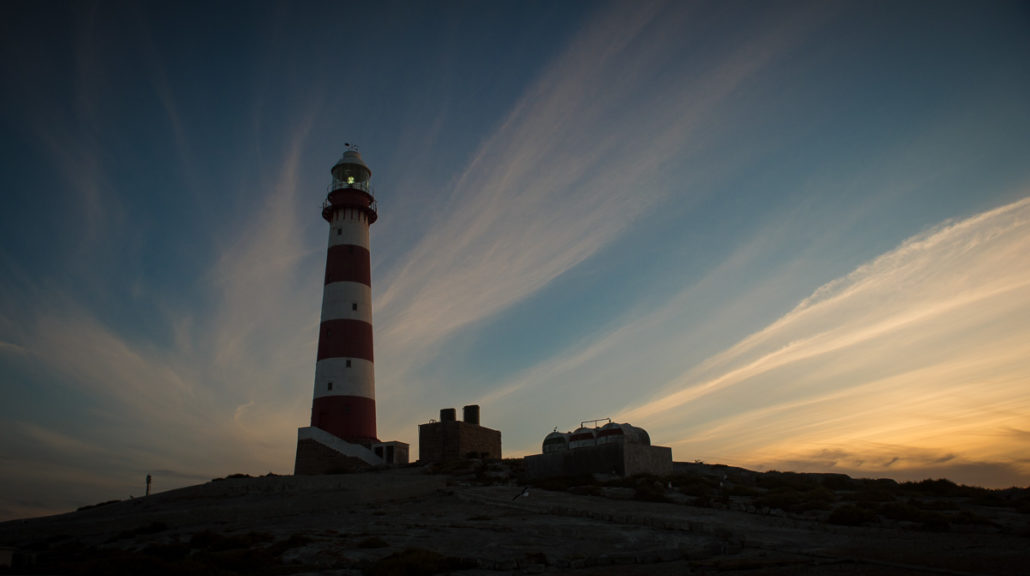
Imagine living on an island by yourself for four years.
There is no one to talk to apart from birds and penguins, and the closest town is a six-hour boat ride away. Intriguingly, it’s the reality of Marlene – a woman we met at Dassen Island this afternoon while navigating to our next shark tagging spot.
“I’m not a people person,” she told us, while showing us around her backyard. “I get to see people sometimes, about once a month.”
The rest of the time she walks laps around the island to count bird colonies, some of which are endangered. To get there we had to sail for several hours while whales, sea lions and dolphins followed Pangaea.
It was a peaceful end to a day that started in a rush. We got woken up by the sound of marine scientists trying to catch sharks at the back of the sailboat at 5am. Still rubbing our sleepy eyes, we made our way to the navigation room where we started our anchor watch.
The following hours were exciting as we tagged four more sharks, bringing our total to nine on this trip. Dr Alison Kock and her team took advantage of our different skills to help tag the sharks and record our findings. It was more hands-on than yesterday but we enjoyed getting out of our comfort zones, even jumping into the sharky water for a swim afterwards.
We also convinced Marlene to get out of her comfort zone and invited her to join us for dinner onboard before she returned to her beloved, beautiful paradise.
By Andrea Lavarello and Shaya Laughlin

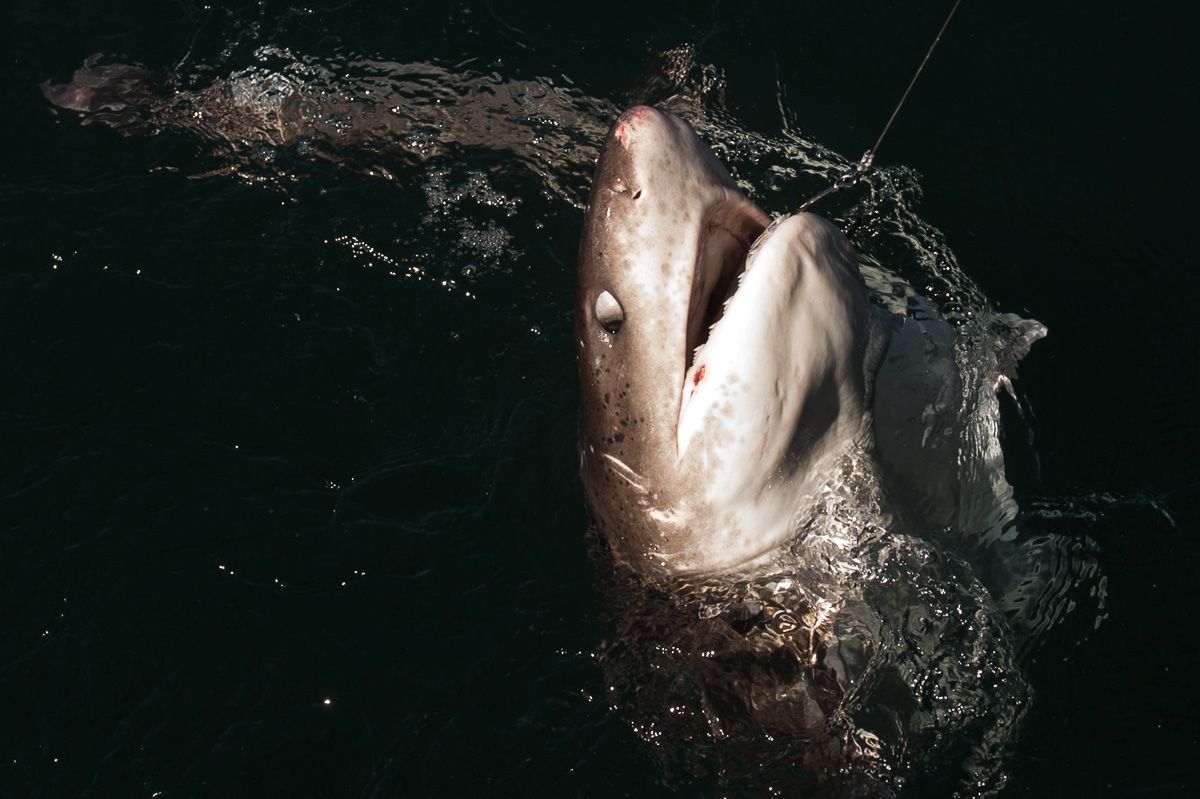
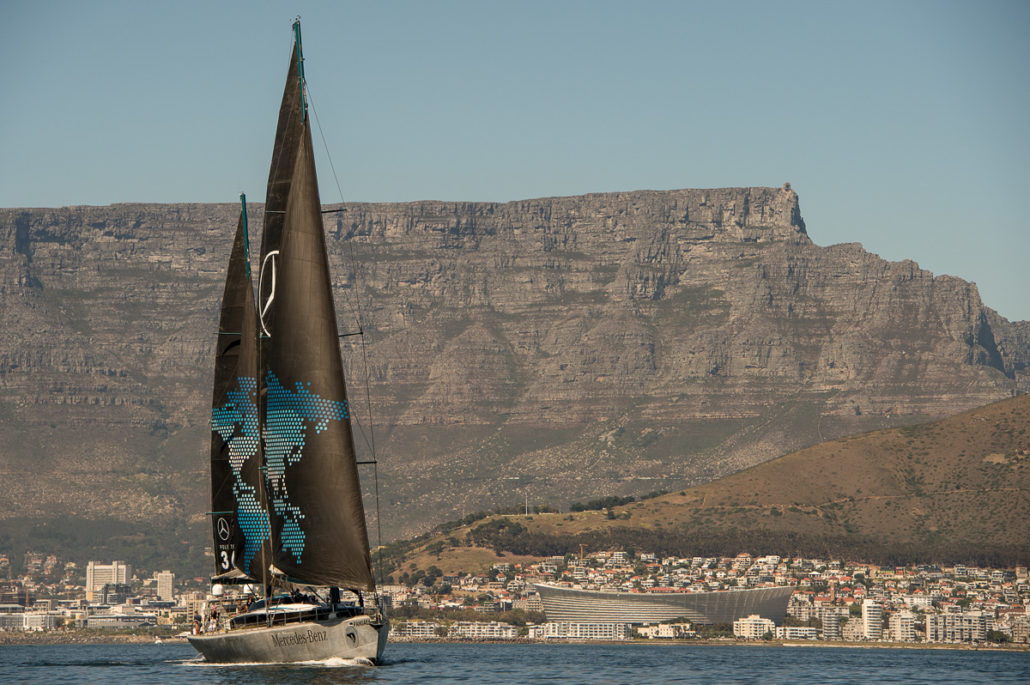
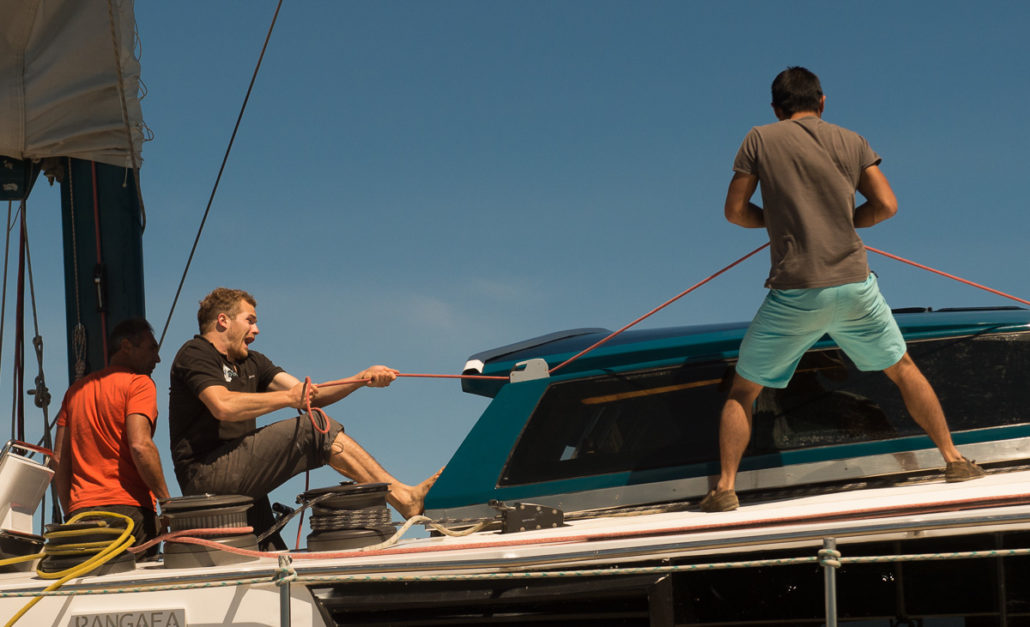
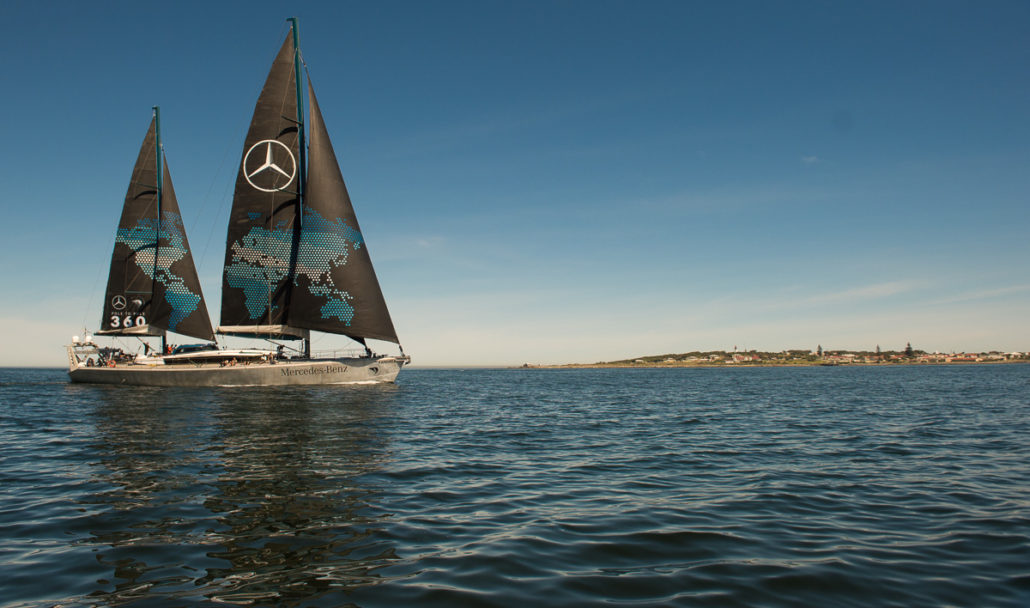
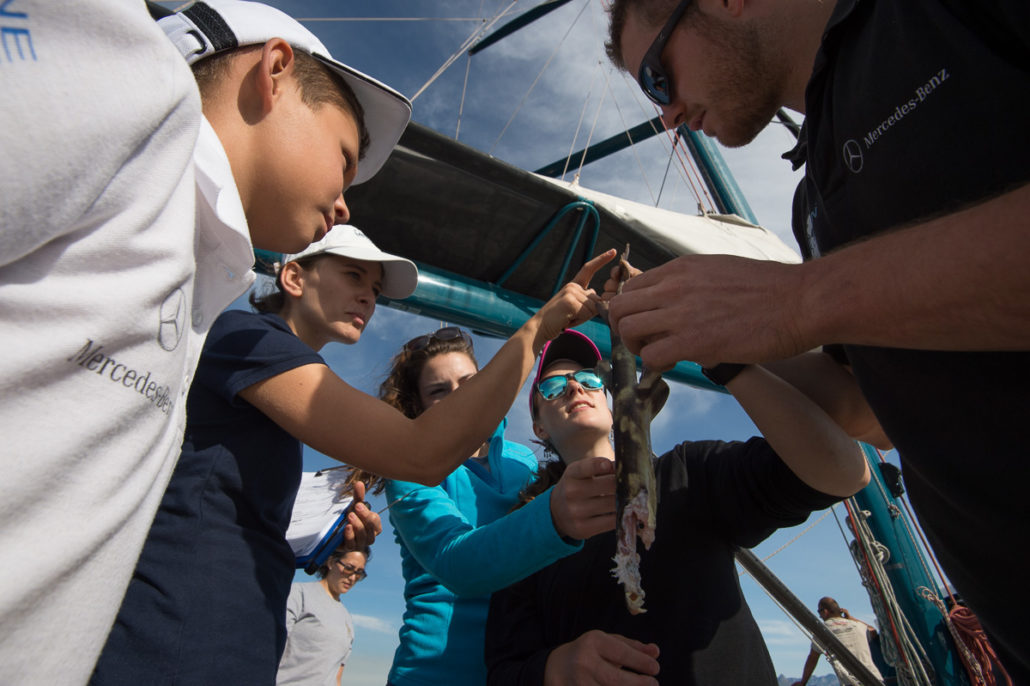
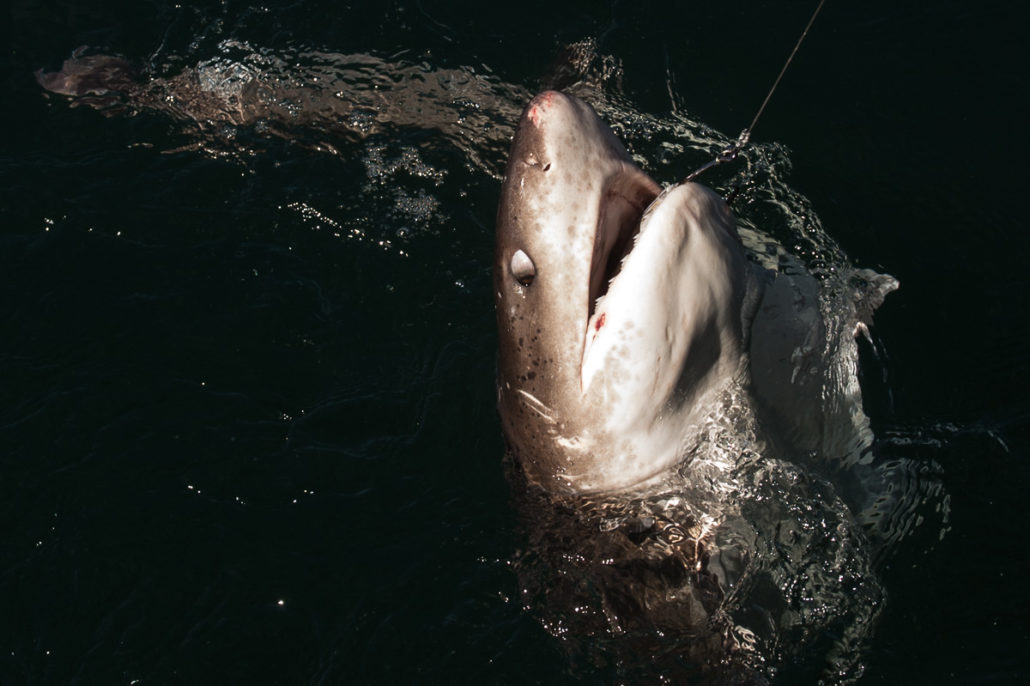
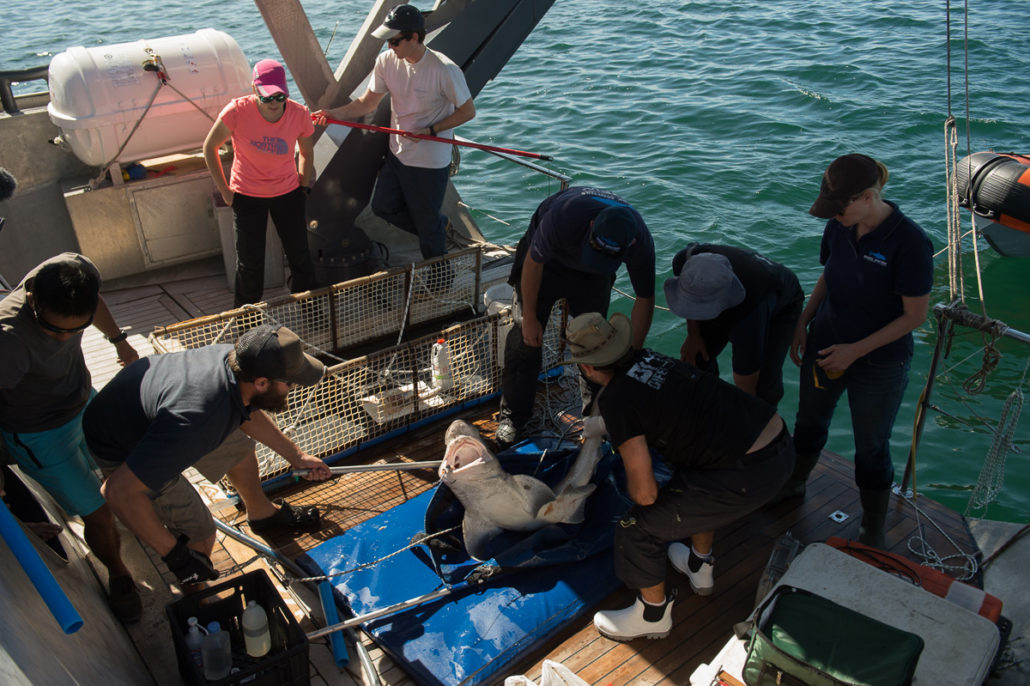
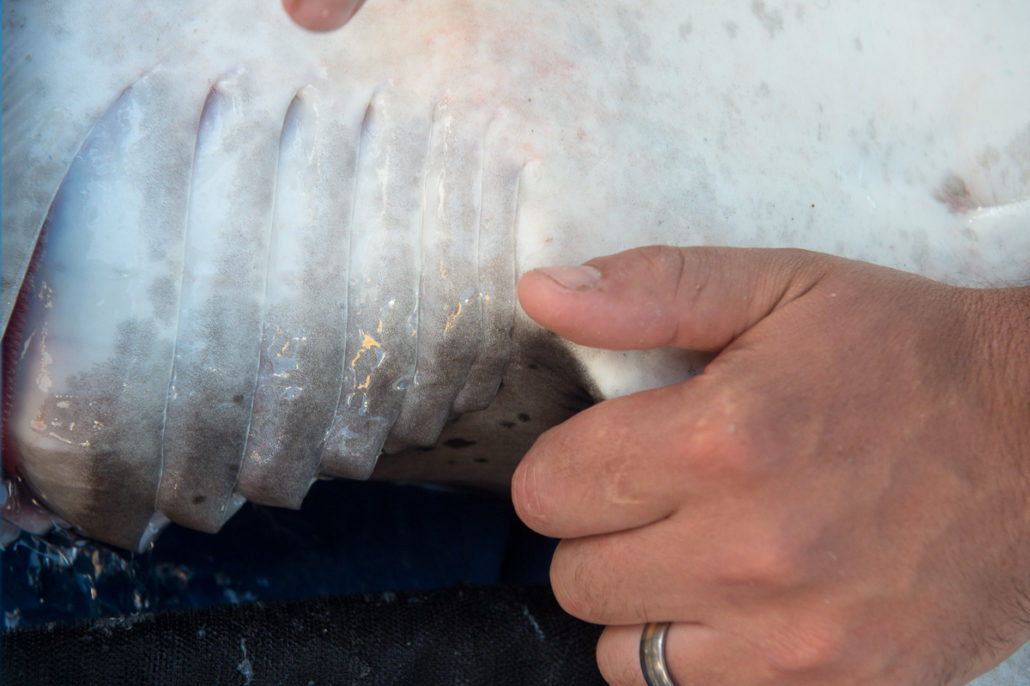
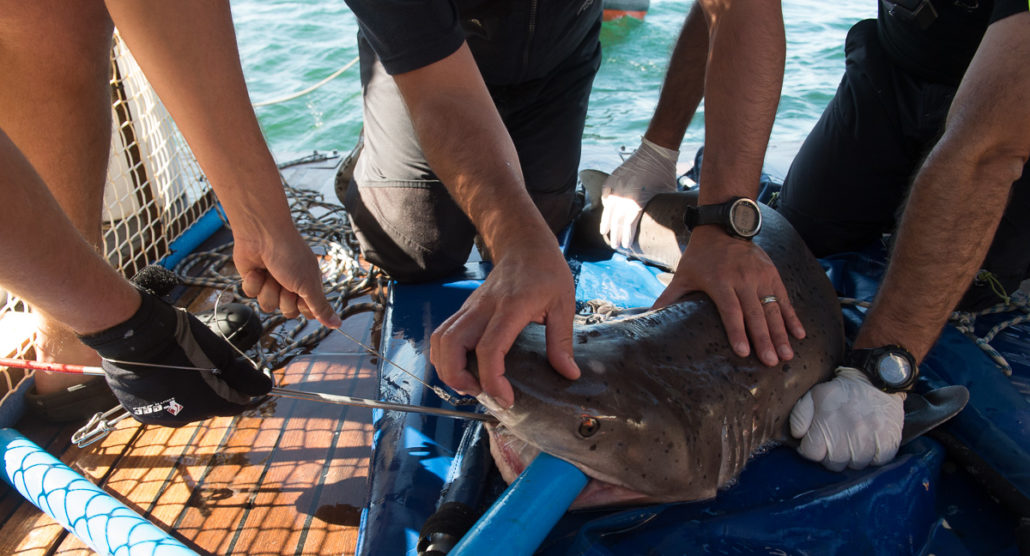
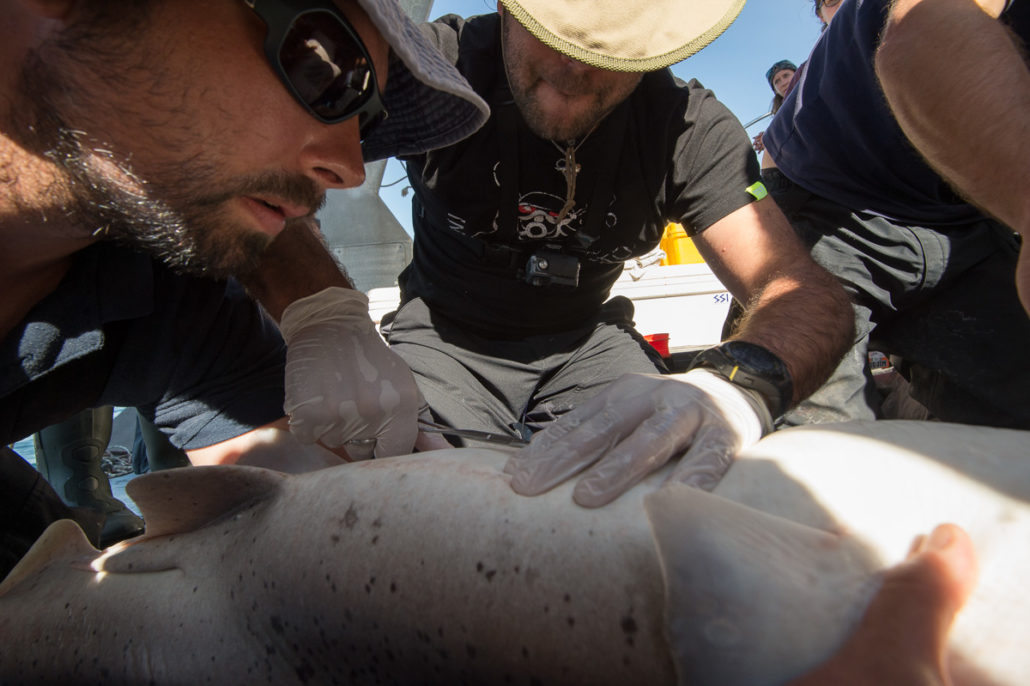
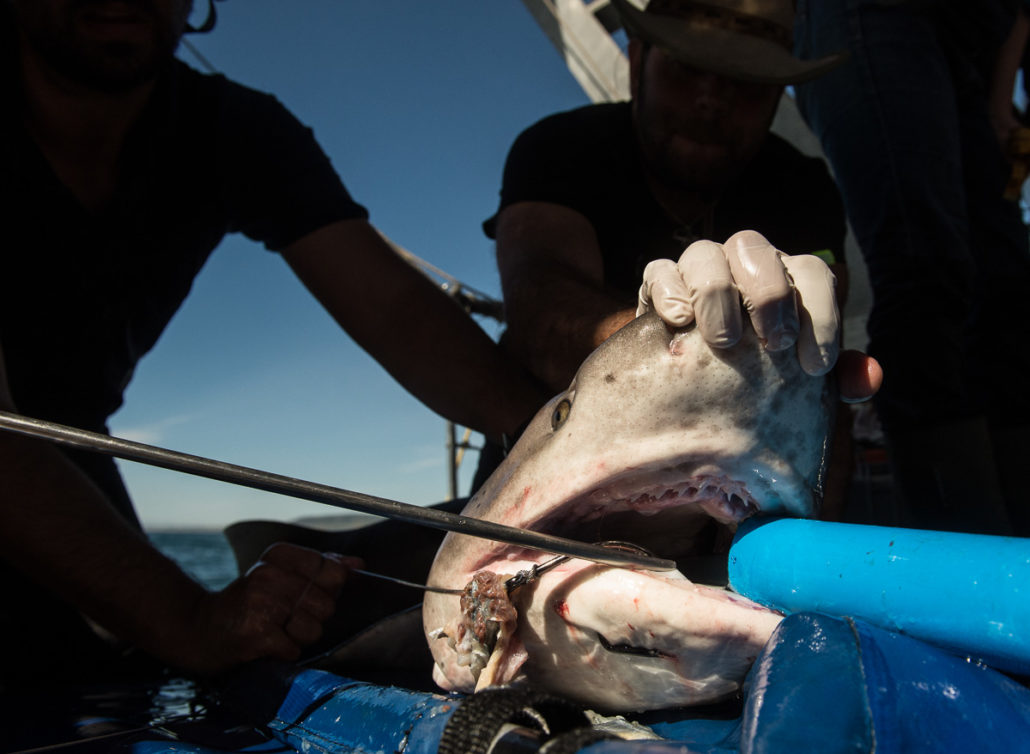
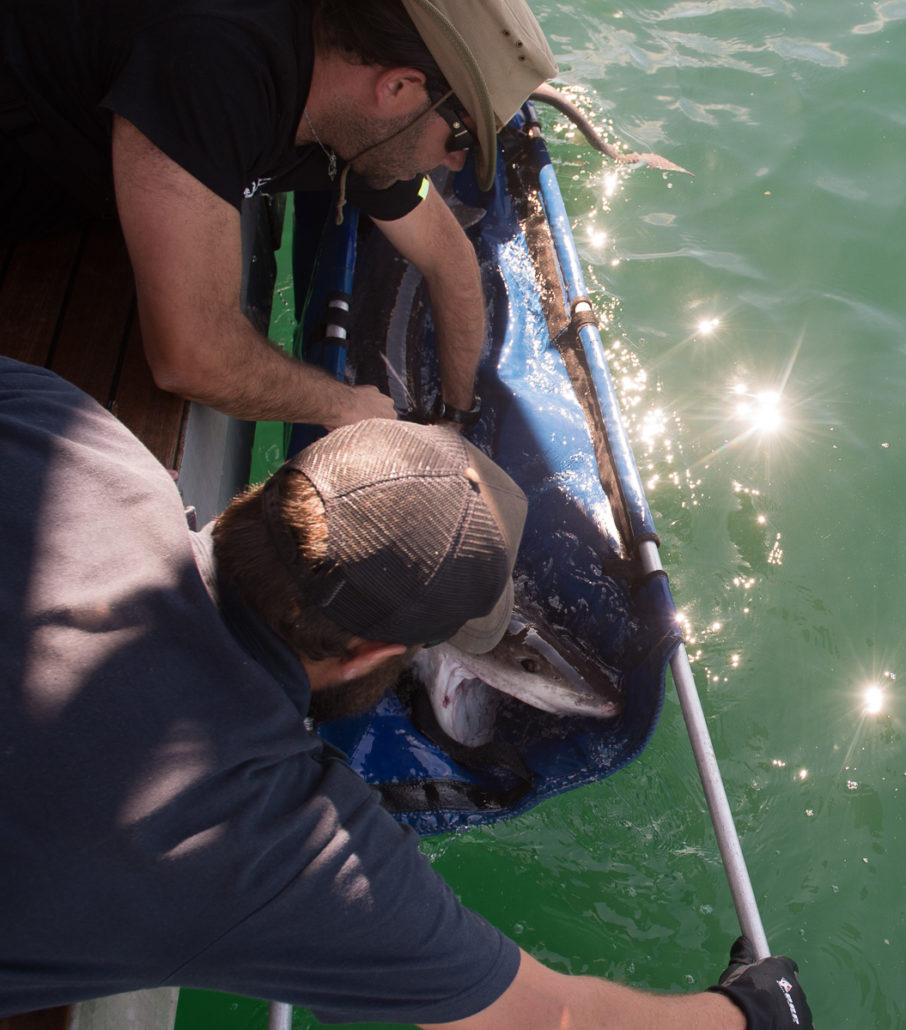
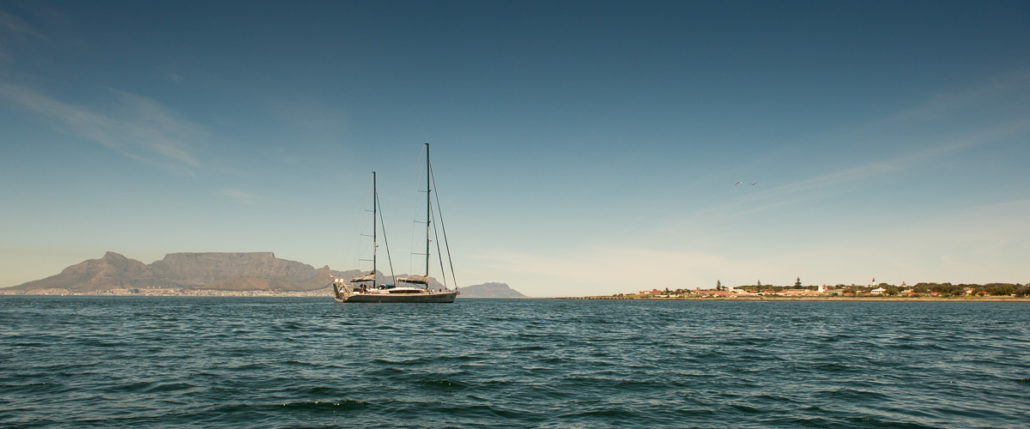



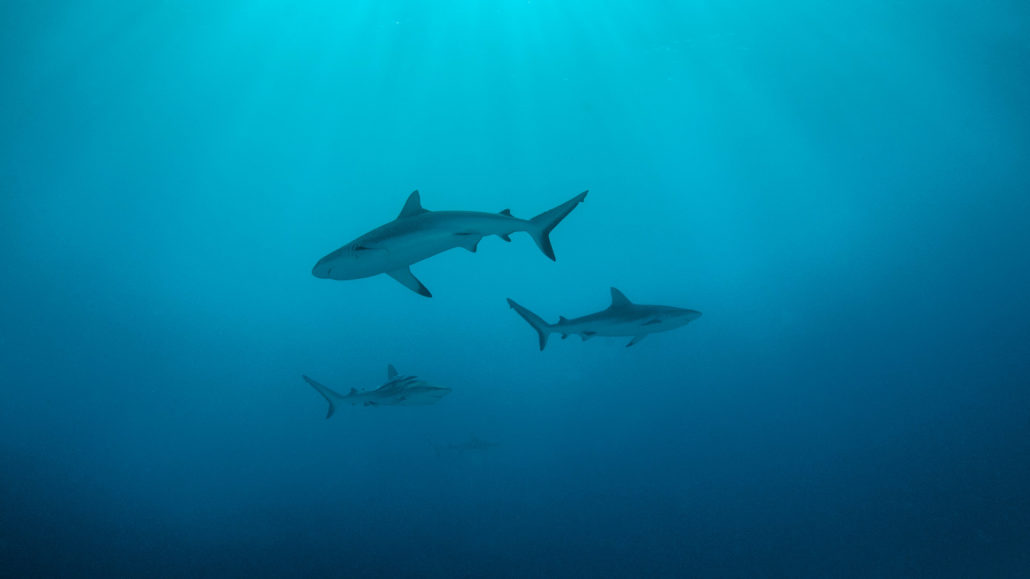

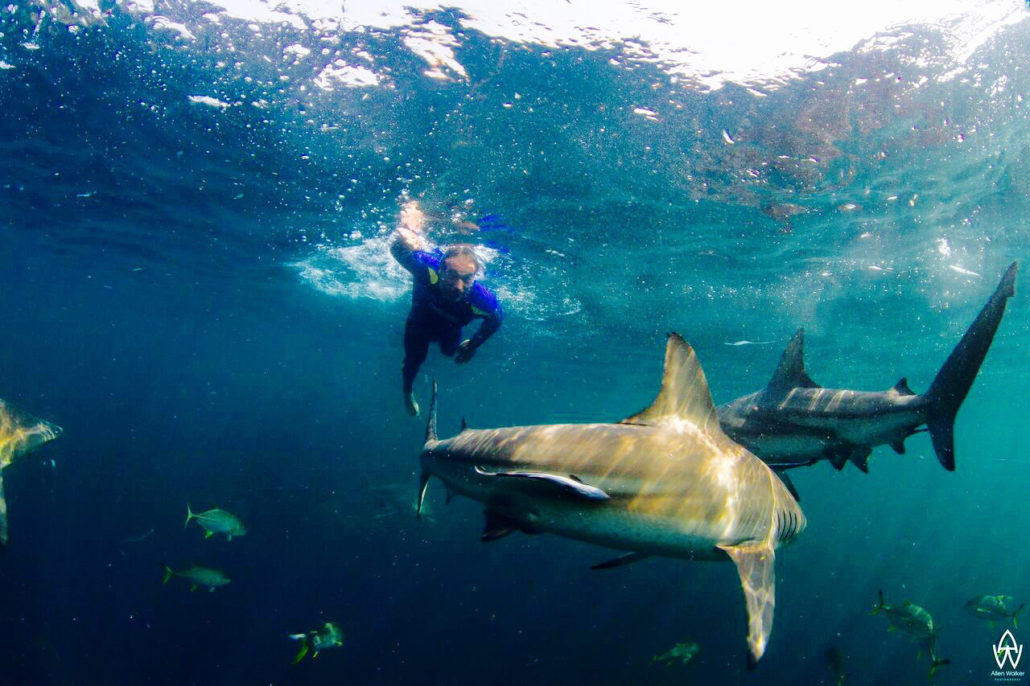

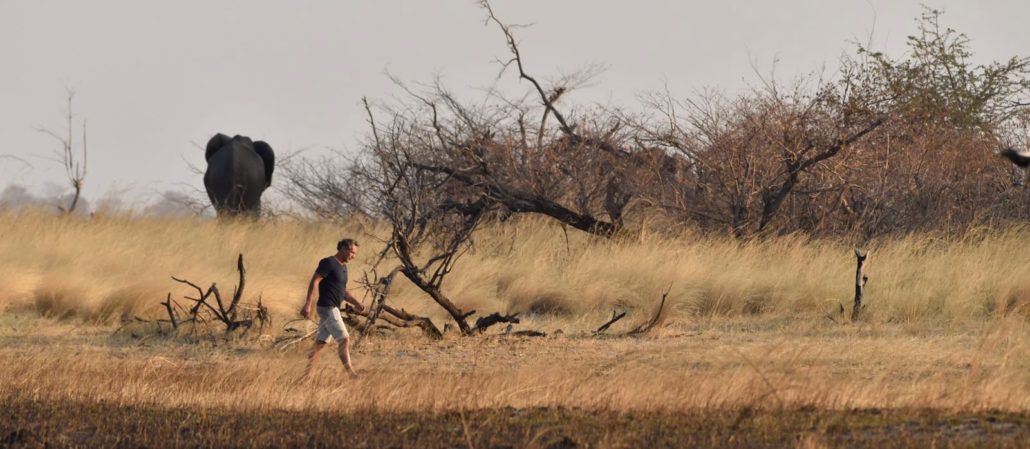
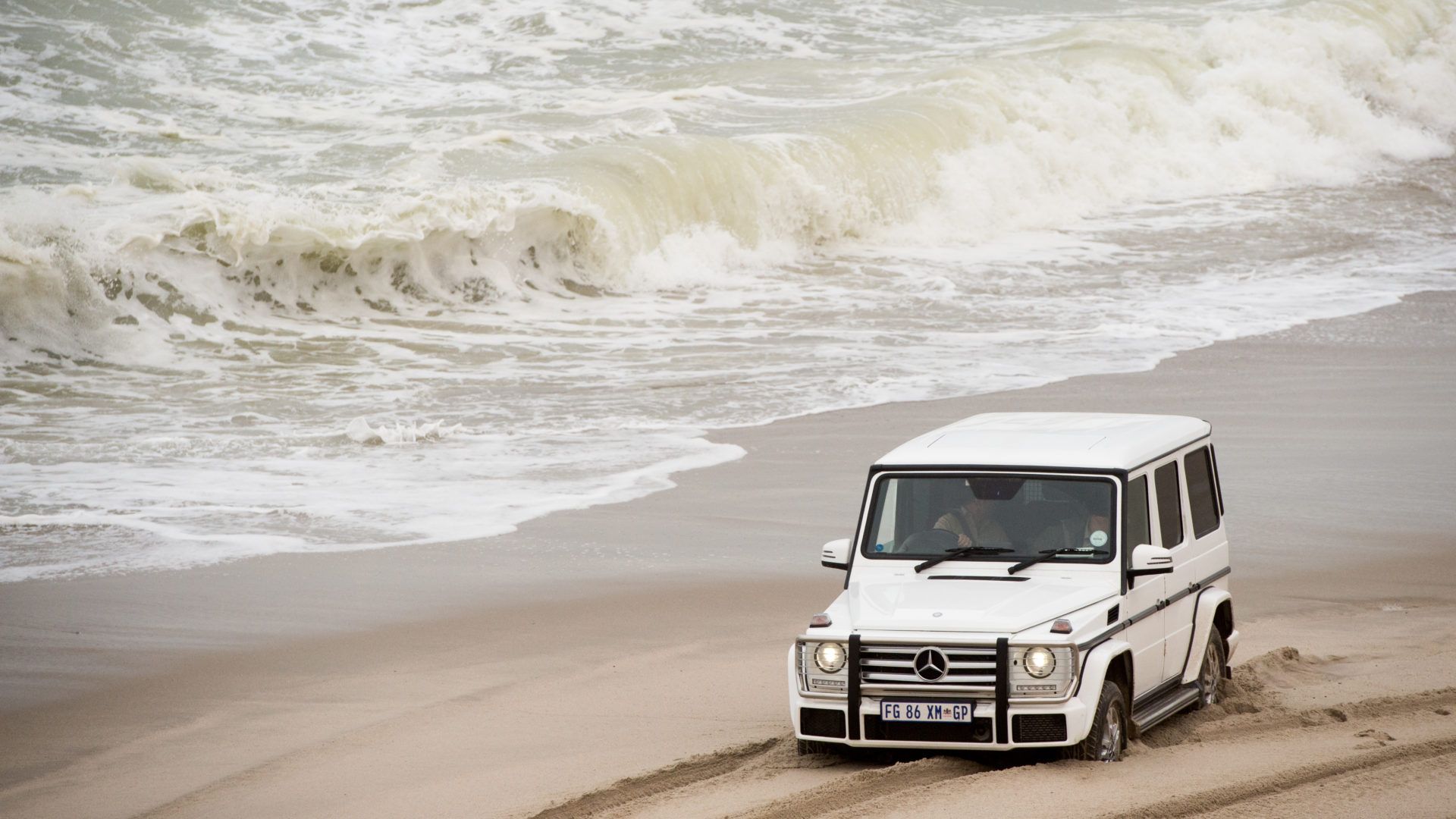
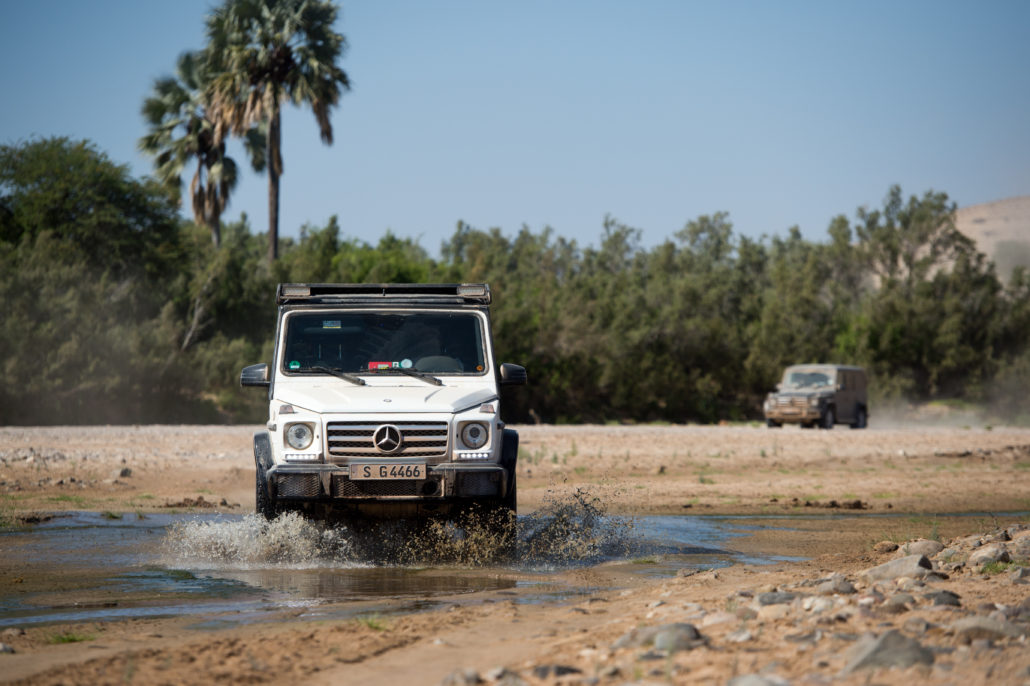
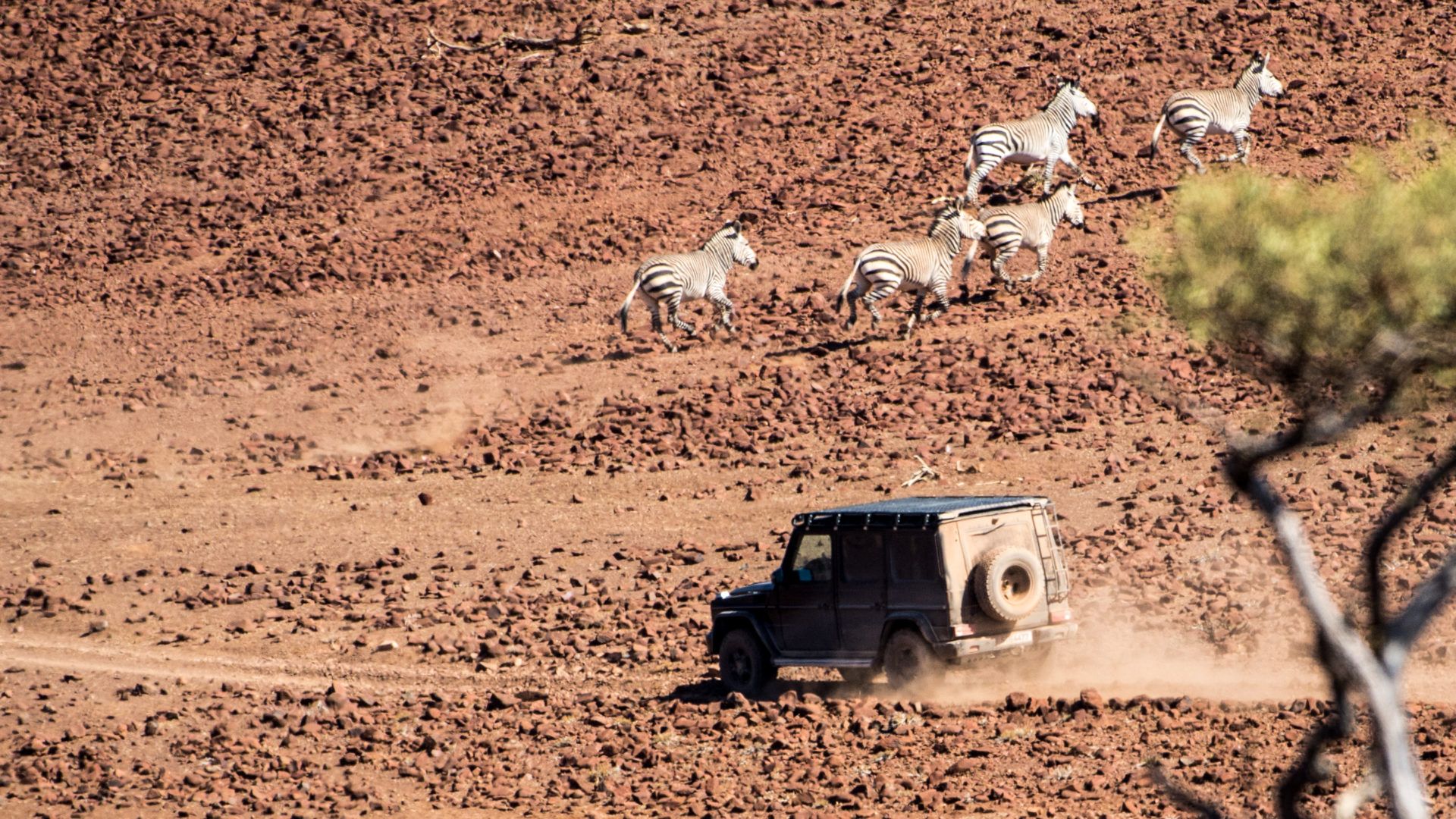
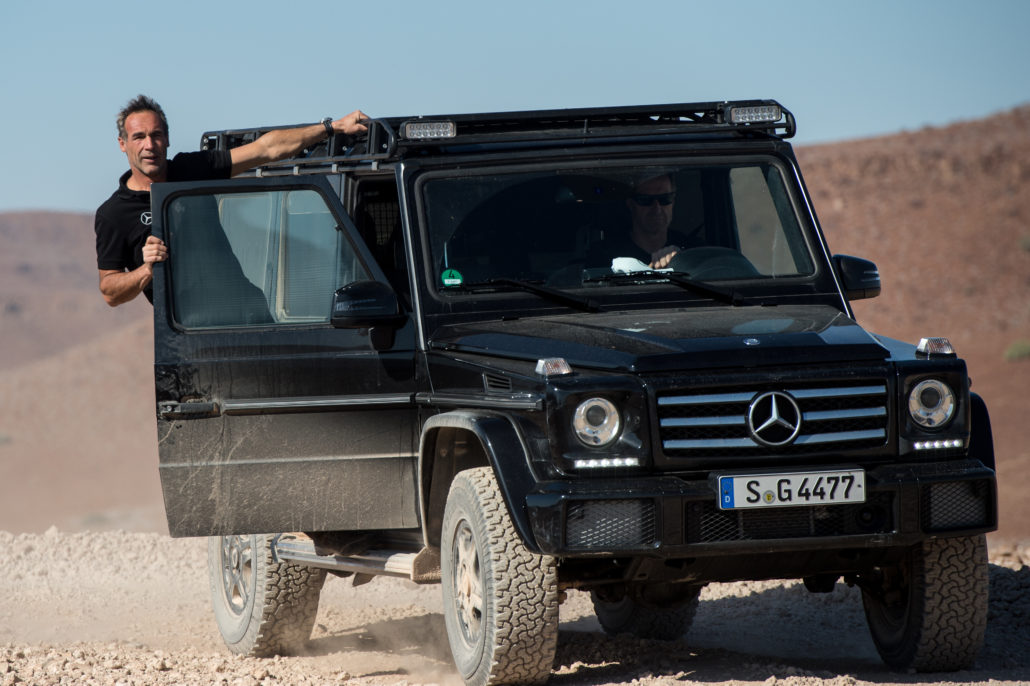
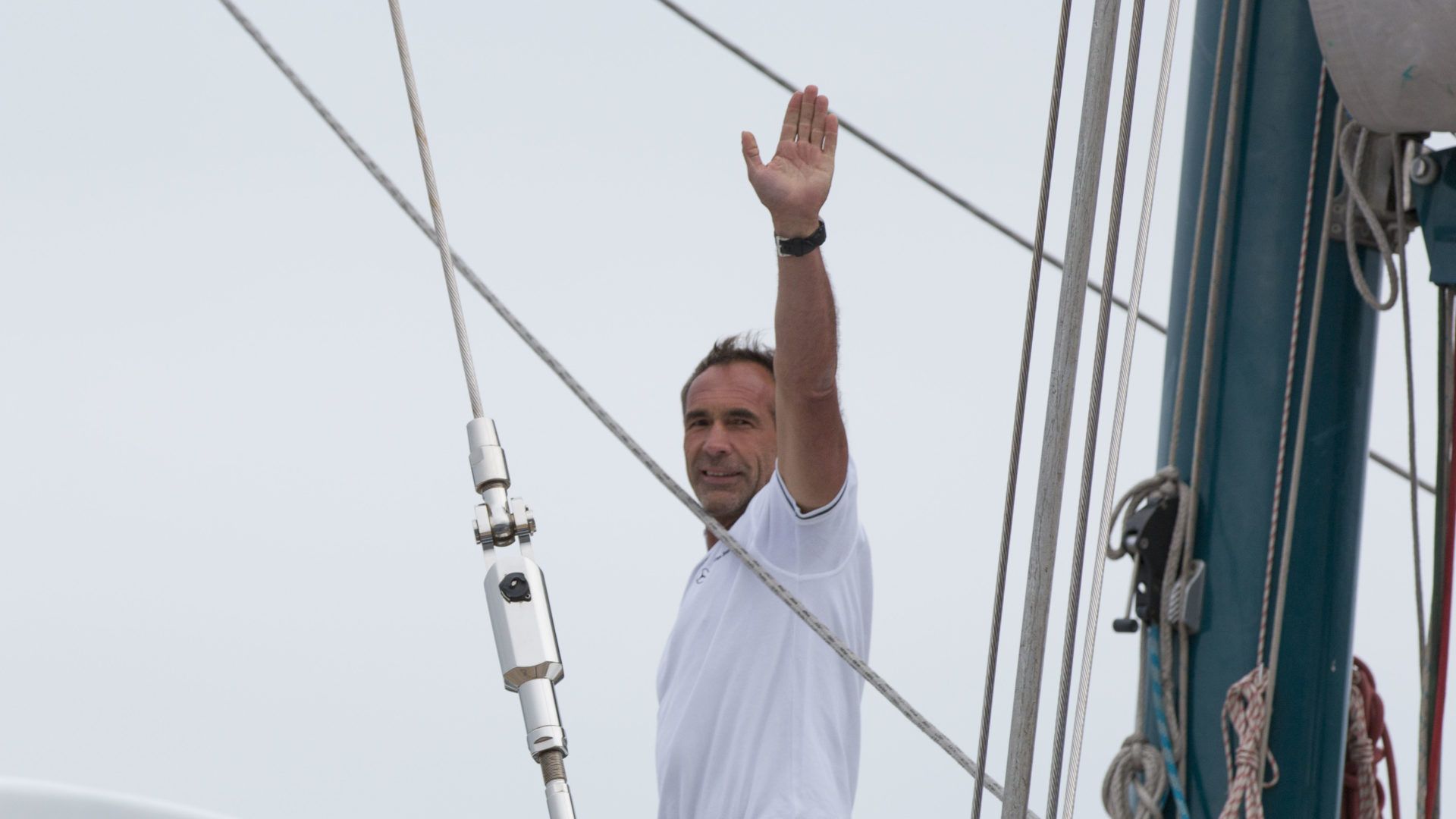
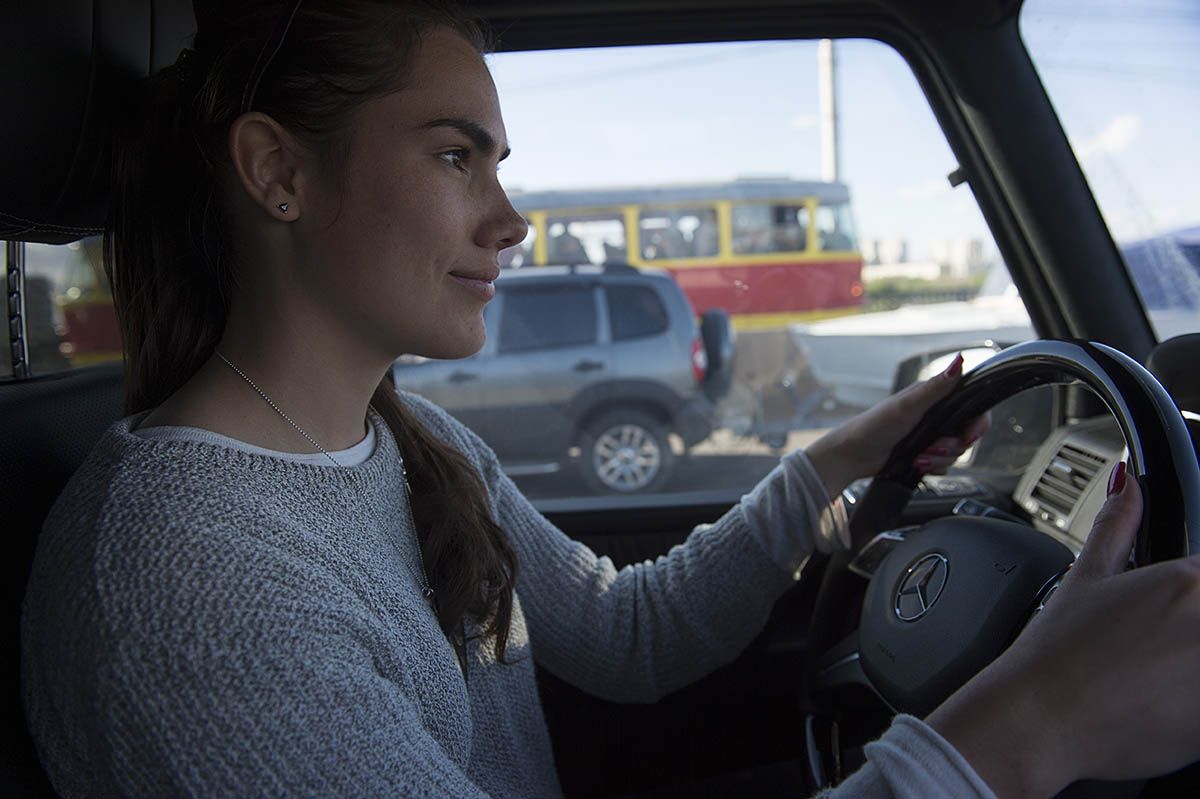
 En utilisant ce site web, vous acceptez l'utilisation de cookies telle que décrite dans notre politique de confidentialité.
En utilisant ce site web, vous acceptez l'utilisation de cookies telle que décrite dans notre politique de confidentialité. By using this website, you agree to the use of cookies as described in our Privacy Policy.
By using this website, you agree to the use of cookies as described in our Privacy Policy.